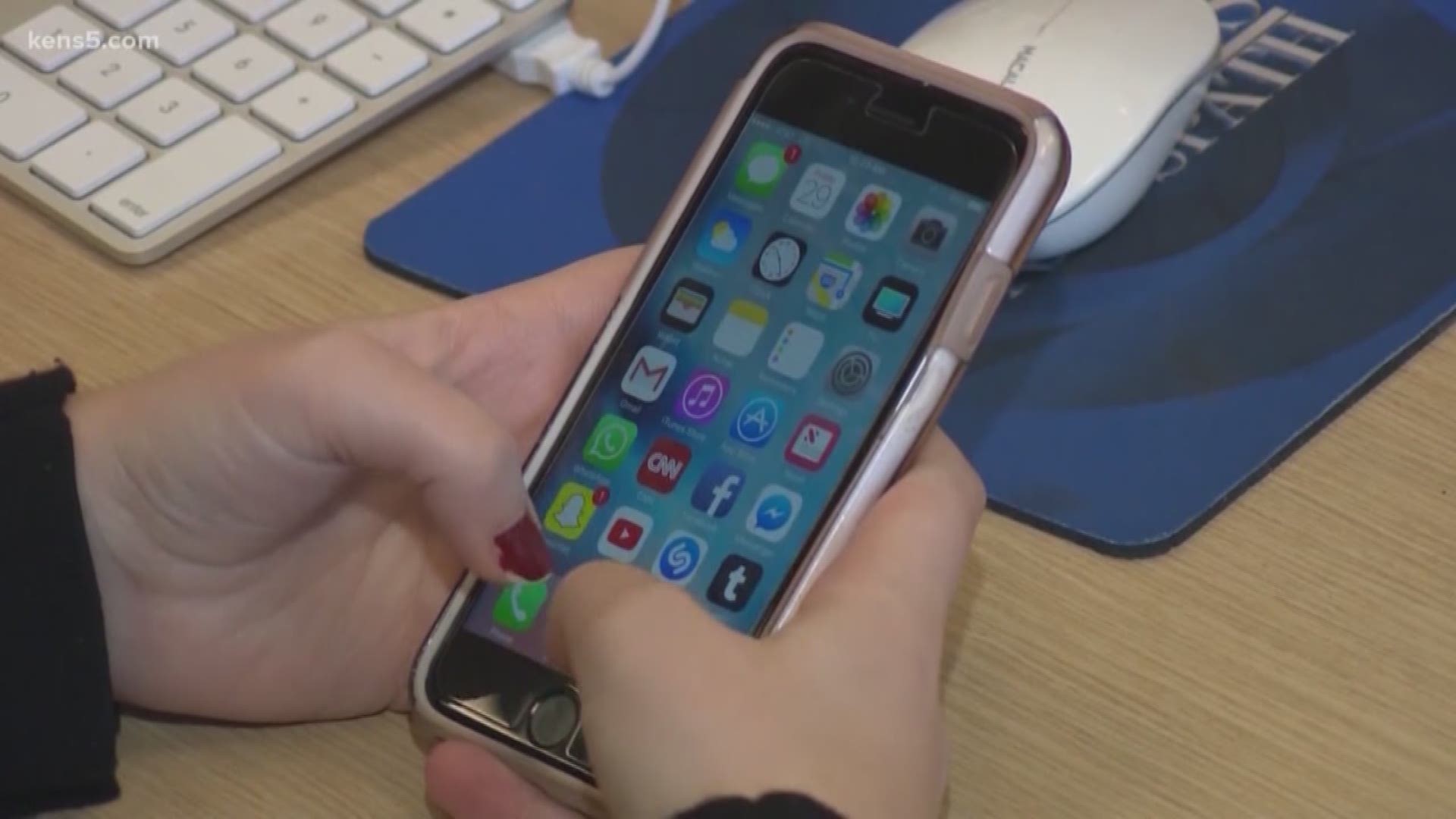SAN ANTONIO — The need to more efficiently conduct contact-tracing amid the ongoing pandemic has given rise to the creation of contact-tracing applications.
Cyber security expert Karim Hijazi said while contact tracing apps have value, they could be a "treasure trove" for hackers.
"It's going to be a huge target, primarily because the apps are going to inherently hold a lot of PII or, 'personally identifiable information,' and even more substantially private information, like medical records and history that are very, very private and sellable," Hijazi said.
Hijazi explained that contact-tracing apps use the operating system of a phone to monitor a person's location. Should the individual test positive, they know where they've been and with whom they've had contact.
The technology powering these apps, Hijazi said, is nothing new.
"Amazon is a good a good example," Hijazi said. "You log in, you buy something that gives you a bunch of recommendations of what you might like because you bought this. Same thing applies here."
Hijazi said app users remain largely in control of what information their phone collects, from permission to enable location services to the camera.
"It'll actually ask you if you want to allow this," Hijazi said. "So depending on how much permissions you give your device, that's the degree that it's effectively going to be able to do things."
Hijazi said people shouldn't be deterred from using contact-tracing apps, but should be mindful of what information they allow to be collected and how that information is stored. He said app users should also consider downloading the app well after it's first launched to avoid bugs in early versions.
In San Antonio, officials have partnered with emocha, a mobile health company, to make the contact tracing process more efficient using a mobile and web application. The city's Health Transition Team Report, which was released late last month, states that the emocha app will allow people who have tested positive for COVID-19 to use the app to report their symptoms daily.
Additionally, those who come in close contact with COVID-19-positive patients will also be able to monitor their symptoms daily using the app.
"By deploying this self-service technology to patients and individuals who have the ability to use it, and by providing additional emocha staff to conduct contact tracing interviews, we will be able to redirect Metro Health and epidemiology staff resources to more complex cases and investigations and to those patients and individuals who do not have access to this form of technology, increasing the overall capacity of the team for contact tracing and monitoring," the team wrote in its report.

